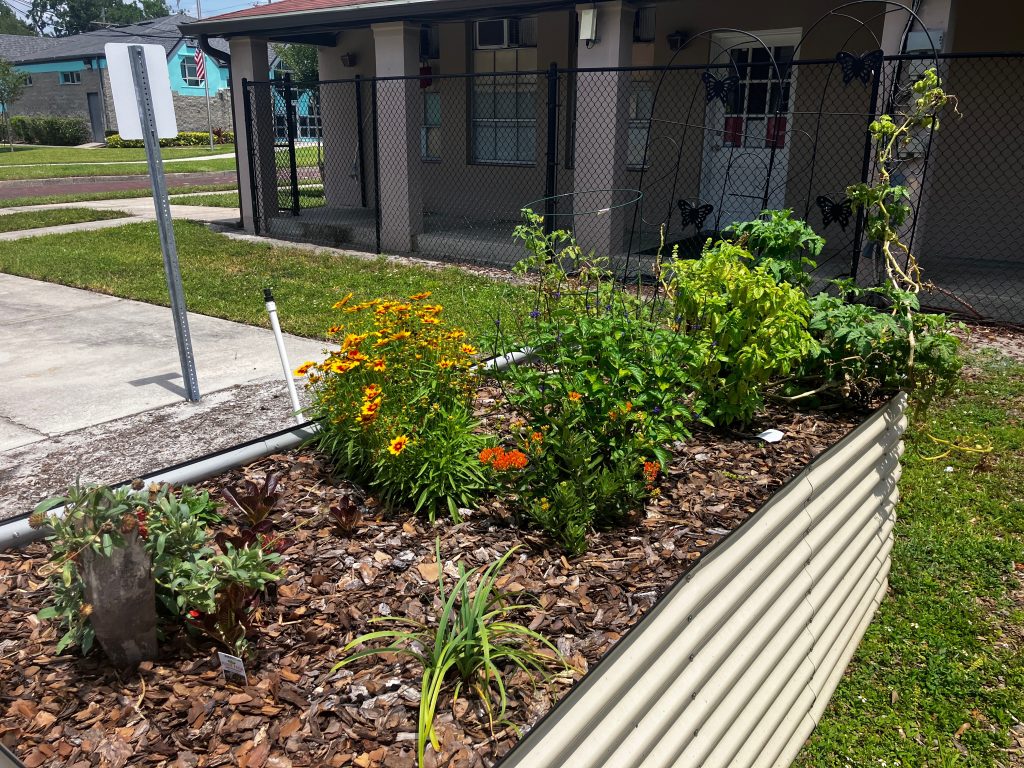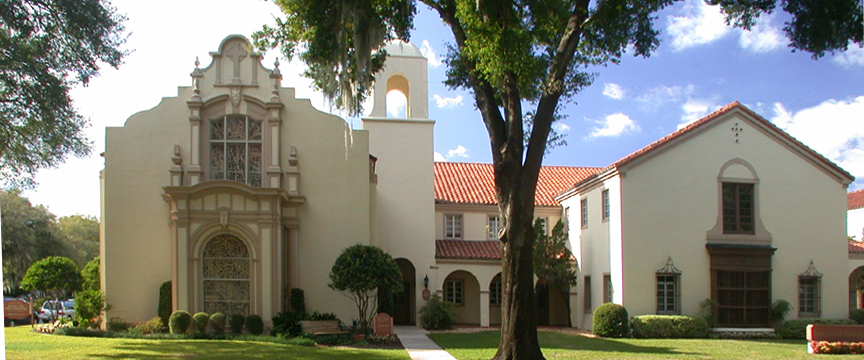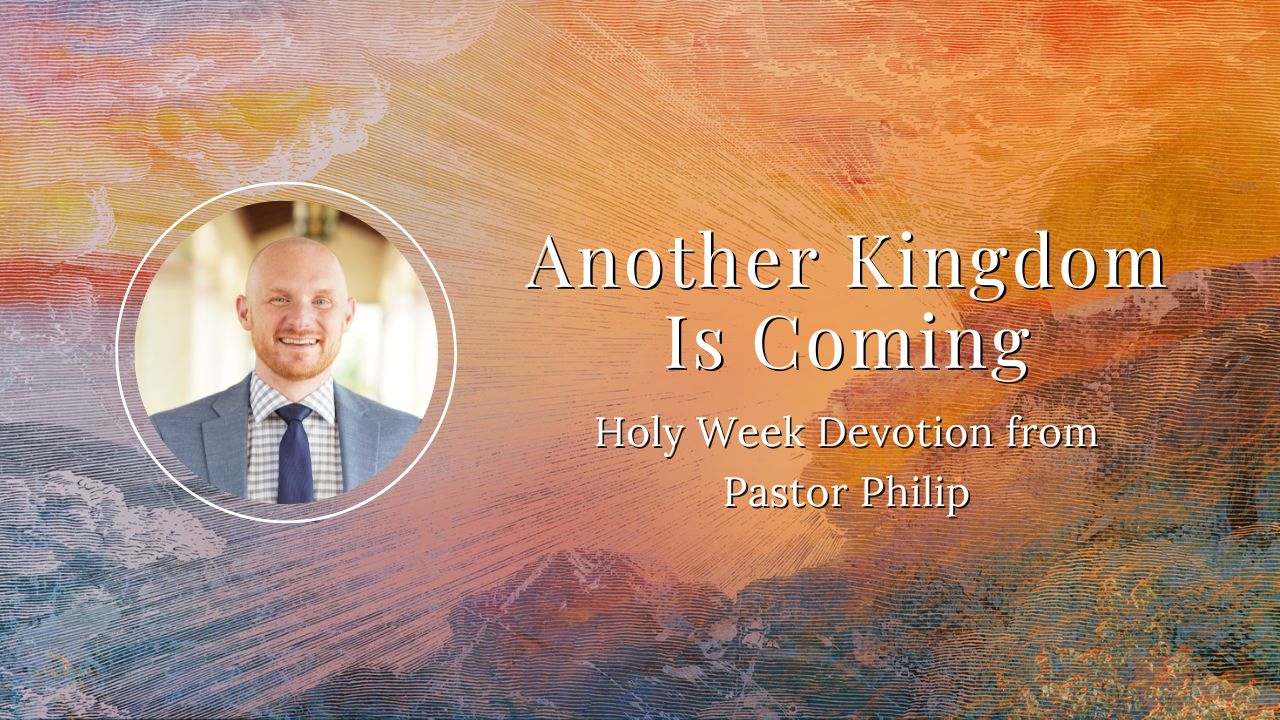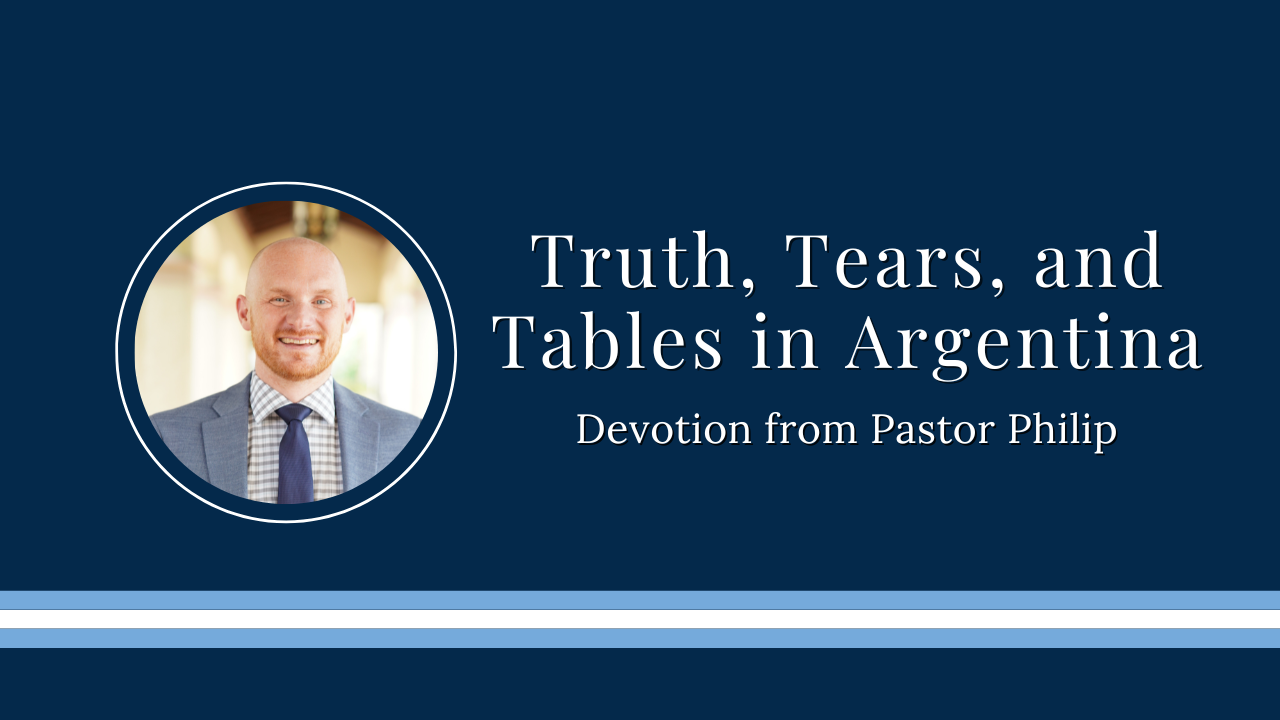Yesterday, after I picked up Emmaline and Charlie from school, they were both so excited to show me their pet snails. One was named Cotton and the other one Shelly. They told me all about where they found them and how, since Ryan and I haven’t agreed to get them a pet hamster, this was the next best thing. On the drive home, we watched YouTube videos of “Fun Facts about Snails” and talked about what kind of life they wanted these snails to live. As soon as we got home, together they created a little habitat for them complete with little homes made out reused plastic Easter Eggs, leaves and a blanket “in case they got cold.” They committed all day yesterday to their care and worked together on loving their new pets. At dinner time, I made them wash their hands vigorous because of all of the snail slime and as we ate, I thought about whether or not God cares about the snails.
Scripture tells us that God cares for all of God’s Creation and I imagine the snails too. In your Scripture study this week, I invite you to study Psalm 104, but there are my favorite verses:
10 He makes springs pour water into the ravines;
it flows between the mountains.
11 They give water to all the beasts of the field;
the wild donkeys quench their thirst.
12 The birds of the sky nest by the waters;
they sing among the branches.
13 He waters the mountains from his upper chambers;
the land is satisfied by the fruit of his work.
14 He makes grass grow for the cattle,
and plants for people to cultivate—
bringing forth food from the earth:
15 wine that gladdens human hearts,
oil to make their faces shine,
and bread that sustains their hearts.
And…
24 How many are your works, Lord!
In wisdom you made them all;
the earth is full of your creatures.
25 There is the sea, vast and spacious,
teeming with creatures beyond number—
living things both large and small.
Romans also tells us that Creation reveals the nature of God (Romans 1:20) and so I have to agree that while I have never cared about a snail in all of my life, the faith and hope we see in children remind us that the nature of God is to care for every living creature on earth. That is the kind of God we worship and we try and emulate. But we won’t always understand it and our care for the earth will fall short. And sometimes it feels a bit ridiculous, especially when my adult ego and impatience start running wild, but God reminds us again and again throughout Scripture, that every living creature matters to God and God’s love for the smallest or the largest reveal God’s heart.
I have been lucky enough to watch all three of our children come through one of our churches preschools, Trinity Christian Academy. This school is on the Reeves campus in the Colonialtown North Neighborhood. What a gift this school has been for the hundreds of children that come through year after year. One of my favorite parts about this school is it’s Butterfly garden that both the children on the playground and the neighbors who walk their dog enjoy. Every day, our children and their parents watch this space teeming with life and they learn not only about Caterpillars, but about the seasonal care of plants and flower gardens. I have attached pictures so you can enjoy it too. Our church, in partnership with this school has been collecting plastic bags and coverings so that over the next year, we can keep it out the landfill and then watch that plastic turn into a NexTrex bench that will be placed at this Butterfly garden. Quite the team effort!
The reason that our church and school have worked towards this is because we believe that the way we care for Creation reveals the nature about how we see God and we want our children and neighbors and teachers to see how God is a God that cares for every living creature. On this Earth Day Week, as we prepare for Creation Care Sunday, I ask that you spend some time reading the Psalms and look for all of the places that mention language about the care for the earth…it may surprise you. And for me, I guess my children helped answer the question I started with, even the Creator of the Universe cares for the snails.















